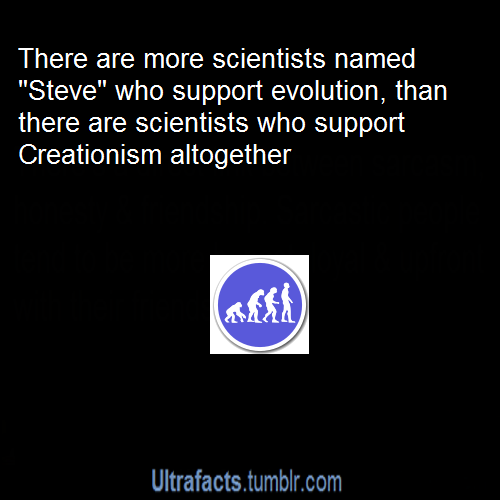Neil DeGrasse Tyson actually summed this up best himself.
To paraphrase cause I don't want to link someone elses Youtube video here, he basically said that it stands to reason that there is no argument for or against God, but the advancement of human knowledge over time has quite simply shown that what we assign to "God" is often quite natural phenomena that we simply do not understand yet as a species and that effectively the "God" that we tend to believe in at any given time is simply the most efficient solution to a problem we cannot veritably explain as naturalistic, scientifically veritable processes.
So effectively, God is everything we don't know...til we know it, then suddenly the idea of what God is gets even more complex.
I take no sides in the area of religion but I do believe that teaching creationism in any of its forms, whether it is purist, fundamental creationism, or expanded creationism...is simply not teaching science...its teaching mysticism...and mystical/religious concepts are the baliwick of theology and they have plenty of TV air time all over the place.
Whether there is a God or not is immaterial to the debate, creationist views are not science, because they cannot be verified in any way and operate solely on "faith" and thus they have no place in a scientific discussion.
Believing in them, or not, is again, immaterial. Cosmos is about the science of known cosmology, physics, and the galaxy as we....human beings, understand it. If there is some kind of super entity, some massive intelligence so great that we could not ever comprehend it, that is actually responsible for all this stuff working like it does because said entity actually "created" it...thats just it...we will never be able to comprehend an intellect of that nature, we won't ever have the computational power to ever be able to even verify its existence much less come to "know" it in any way.
Creationists like having their equal time..but in all fairness, they've run the world for thousands of years and still, to this day, run many parts of the world right now. And, also...its not like they don't have enough money to put on their own TV show to share their views..so the entire dig at Cosmos is simply a professional dig at best and nothing more than that.
So in short, Creationist views aren't required on a show about Cosmology. There are more than enough platforms for them on television..and in other mediums as well.
To paraphrase cause I don't want to link someone elses Youtube video here, he basically said that it stands to reason that there is no argument for or against God, but the advancement of human knowledge over time has quite simply shown that what we assign to "God" is often quite natural phenomena that we simply do not understand yet as a species and that effectively the "God" that we tend to believe in at any given time is simply the most efficient solution to a problem we cannot veritably explain as naturalistic, scientifically veritable processes.
So effectively, God is everything we don't know...til we know it, then suddenly the idea of what God is gets even more complex.
I take no sides in the area of religion but I do believe that teaching creationism in any of its forms, whether it is purist, fundamental creationism, or expanded creationism...is simply not teaching science...its teaching mysticism...and mystical/religious concepts are the baliwick of theology and they have plenty of TV air time all over the place.
Whether there is a God or not is immaterial to the debate, creationist views are not science, because they cannot be verified in any way and operate solely on "faith" and thus they have no place in a scientific discussion.
Believing in them, or not, is again, immaterial. Cosmos is about the science of known cosmology, physics, and the galaxy as we....human beings, understand it. If there is some kind of super entity, some massive intelligence so great that we could not ever comprehend it, that is actually responsible for all this stuff working like it does because said entity actually "created" it...thats just it...we will never be able to comprehend an intellect of that nature, we won't ever have the computational power to ever be able to even verify its existence much less come to "know" it in any way.
Creationists like having their equal time..but in all fairness, they've run the world for thousands of years and still, to this day, run many parts of the world right now. And, also...its not like they don't have enough money to put on their own TV show to share their views..so the entire dig at Cosmos is simply a professional dig at best and nothing more than that.
So in short, Creationist views aren't required on a show about Cosmology. There are more than enough platforms for them on television..and in other mediums as well.

